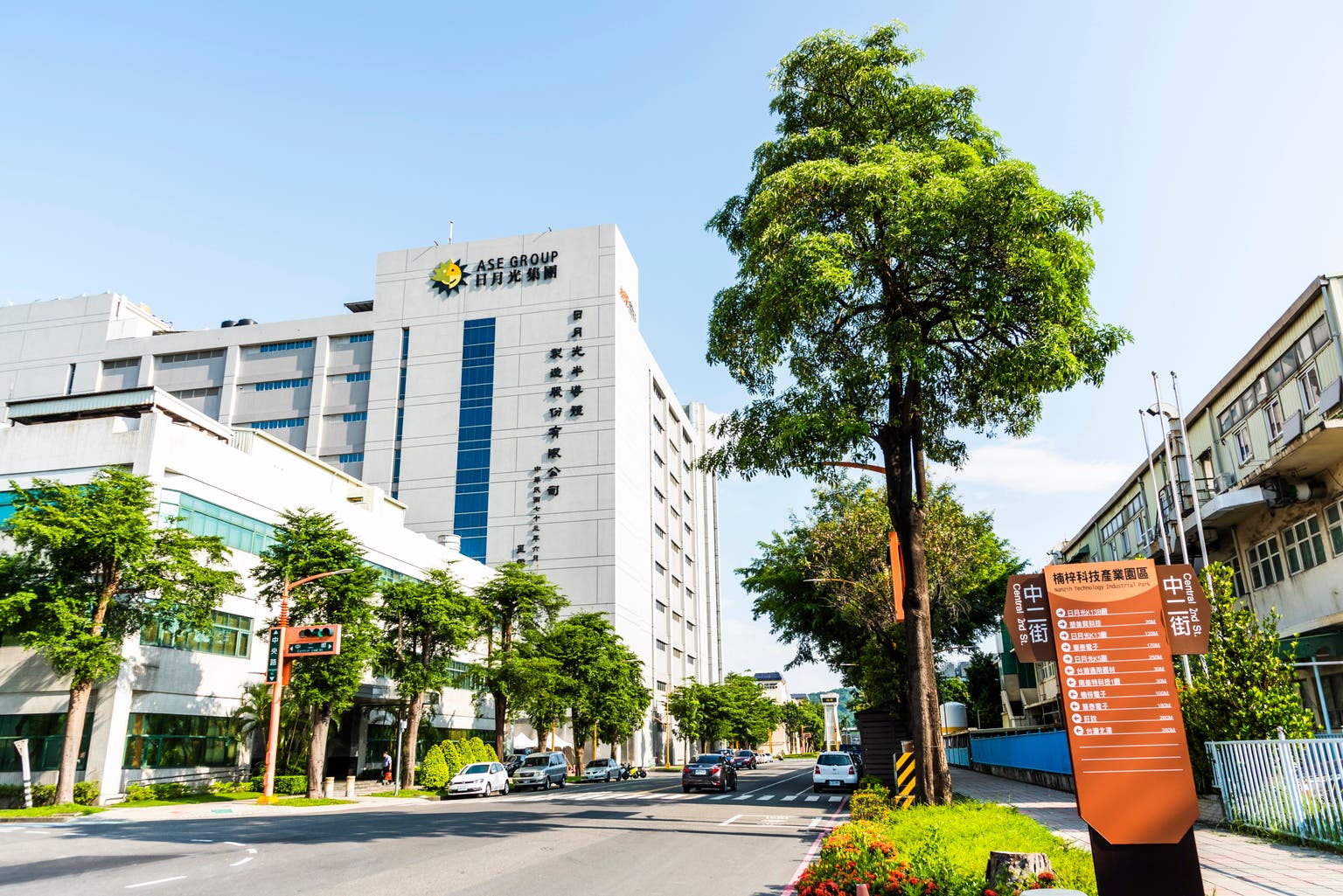Wisconsin Farmer Leads the Charge in Autonomous Farming: A Look at the Future of Agriculture

The Future is Here: Wisconsin Farmer Pioneers Autonomous Technology
In the heart of Wisconsin's fertile farmlands, a revolution is quietly underway. Edgar, Wisconsin, is home to a forward-thinking farmer who's embracing the cutting edge of agricultural technology – autonomous machinery. He's not alone; he's part of a select group of just 20 farms across the United States currently field-testing this groundbreaking technology. But what does it mean for the future of farming, and how is this Wisconsin farmer leading the way?
Beyond the Buzz: Practical Applications of Autonomous Tractors
The idea of a self-driving tractor might sound like science fiction, but it's rapidly becoming a reality. Autonomous tractors utilize a combination of GPS, sensors, and advanced software to navigate fields, plant seeds, apply fertilizer, and harvest crops – all without direct human intervention. This isn't about replacing farmers; it's about empowering them to work smarter, not harder.
A Blend of Business Savvy and Cost Efficiency
Our Wisconsin farmer isn't just interested in the latest gadgets; he's a shrewd businessman. He understands that adopting autonomous technology is a significant investment, but one that can yield substantial returns. The benefits are multifaceted:
- Reduced Labor Costs: Finding reliable farm labor is a constant challenge. Autonomous machinery significantly reduces the need for manual labor, freeing up farmers to focus on other critical tasks.
- Increased Efficiency: Autonomous tractors can operate around the clock, maximizing productivity and minimizing downtime.
- Precision Farming: Advanced sensors and data analysis allow for precise application of fertilizers and pesticides, reducing waste and environmental impact.
- Improved Data Collection: Autonomous systems gather valuable data on soil conditions, crop health, and yields, enabling farmers to make more informed decisions.
Sustainability at the Core
The drive towards sustainable agriculture is a major factor in the adoption of autonomous technology. By optimizing resource use and minimizing waste, autonomous farming practices contribute to a healthier environment. The Wisconsin farmer's commitment to sustainability is evident in his willingness to explore and implement these innovative solutions. He believes that the future of farming lies in a harmonious balance between productivity and environmental responsibility.
Challenges and Opportunities
While the potential benefits are clear, there are also challenges to overcome. The initial investment cost can be substantial, and farmers need to be prepared to adapt to new technologies and workflows. Furthermore, concerns about data security and cybersecurity need to be addressed. However, as the technology matures and becomes more accessible, it's expected to transform the agricultural landscape.
Looking Ahead: The Future of Farming
The Wisconsin farmer's experience, along with those of the other 19 farms participating in the field tests, is providing valuable insights into the future of agriculture. Autonomous technology is poised to revolutionize the way we grow our food, making farming more efficient, sustainable, and resilient. It's a glimpse into a future where technology and tradition work hand-in-hand to feed a growing world.






